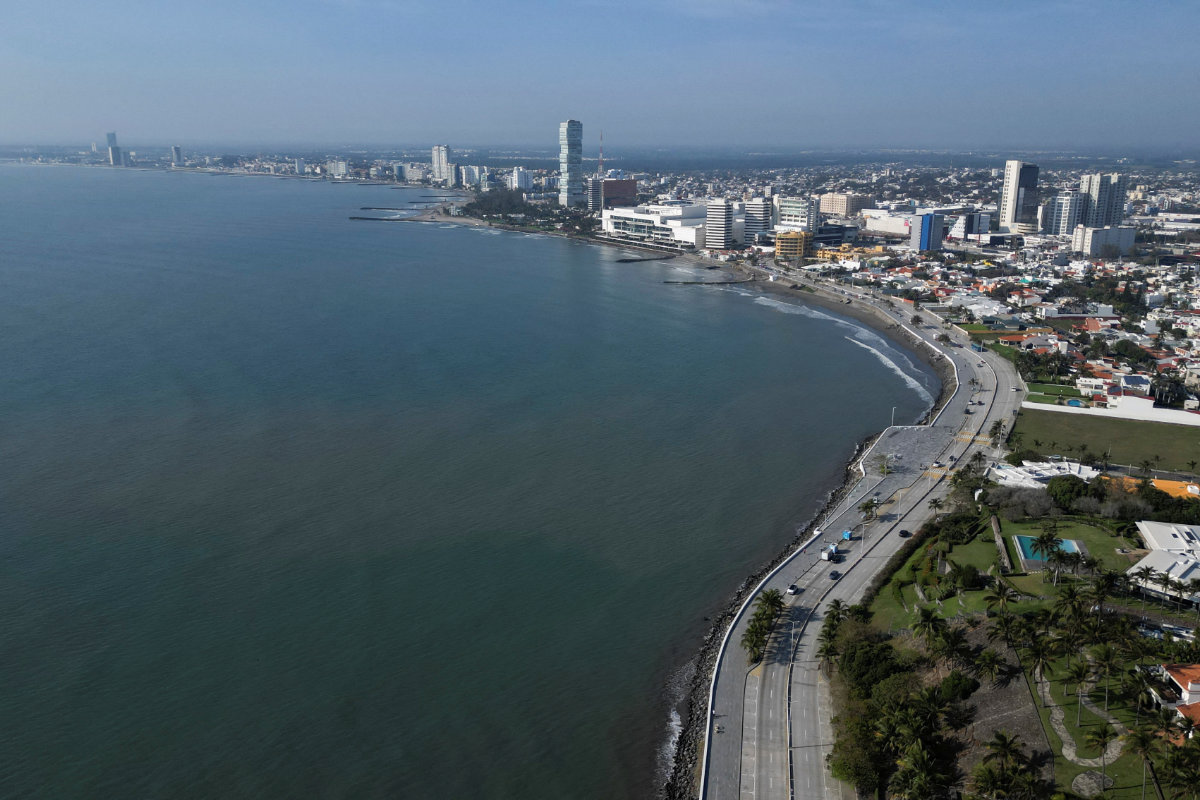DUBAI: Talpa Studios, which was founded by John de Mol, the creator of popular shows “The Voice” and “Big Brother,” has recommissioned its reality show “Million Dollar Island” for new seasons in the Middle East and the Netherlands.
The new seasons — titled “Million Dollar Land” or “Ard Al-Million” for MBC in the Middle East and “Million Dollar Desert” for NET5 in the Netherlands — will be produced at Saudi Arabia’s NEOM production hub, in collaboration with regional production house Blue Engine Studios.
This will be the second season of “Ard Al-Million.” The first season aired on MBC Group’s TV channels MBC1, MBC IRAQ, and Shahid last May.
Produced by Monday Media, “Million Dollar Island” also ran for two seasons in the Netherlands. The new season, however, marks a shift to the desert-oriented format and will be shot at NEOM.
Blue Engine Studios played a key role in facilitating the deal between Talpa Studios and NEOM’s media sector and aims to bring more countries to NEOM’s production hub.
Its work on the Dutch edition included facilitating Monday Media’s production of the latest season, such as sourcing suppliers, permits and equipment as part of the studio’s commitment to establish a hub for the show at NEOM.
Ziad Kebbi, CEO at Blue Engine Studios, said that the “collaboration with NEOM and Talpa Studios underscores our commitment to producing high-quality entertainment that resonates with audiences.”
Unlike previous seasons, which featured 100 contestants, the new seasons will see 30 contestants test their endurance as they navigate the challenges of life in the desert.
There will be other changes to the format revealed when the new seasons go on air.
“These spin-offs preserve “the core principles that have made the original so compelling, while introducing innovative new elements that are perfectly suited to NEOM’s stunning desert scenery,” said Sebastian van Barneveld, director of international distribution at Talpa Studios.
Partnerships such as these ensure “a robust pipeline of productions and afford opportunities to accelerate our media ecosystem while training the next generation of talent,” said Wayne Borg, managing director of NEOM Media Industries.
The broadcast date of the new seasons is yet to be announced. “Ard Al-Million” will air on MBC1 and Shahid.





























